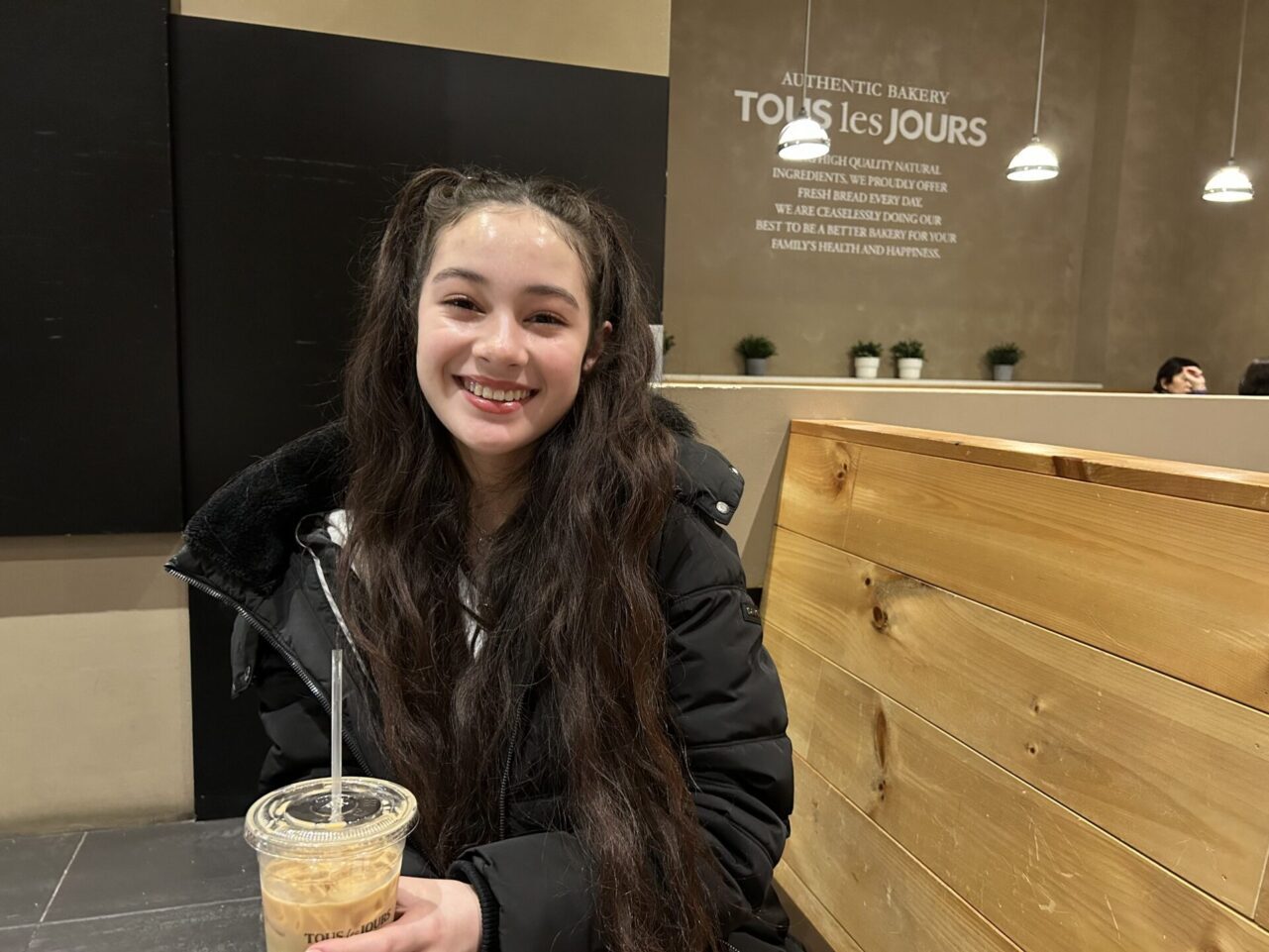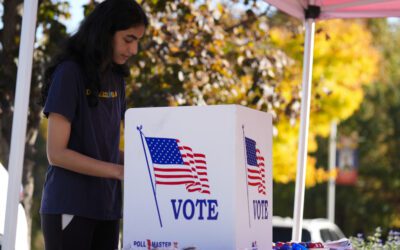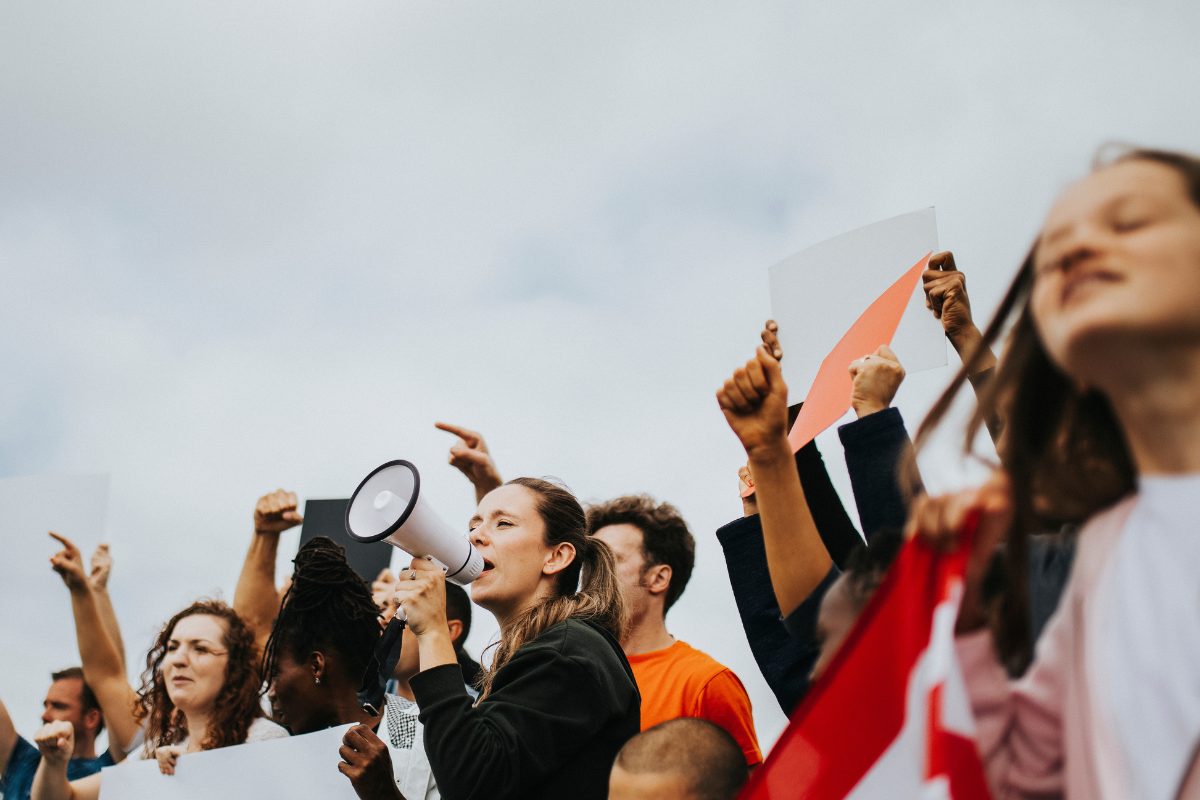
A group of youth protesting. Source: Courier Newsroom
Olivia DeShong, a 17-year-old Pennsylvania resident, shares her dedication to political engagement inspired by John Lewis’s belief in the power of voting. She has devoted her high school years to actively registering voters in Pennsylvania and promoting democracy to ensure a true representation of America’s beliefs.
“The vote is precious. It is the most powerful non-violent tool we have in a democratic society, and we must use it,” said John Lewis.
I have carried this sentiment during my past few years of high school. Always reminding myself of the power in the ballot, I have stayed active in political engagement by helping people register to vote in multiple counties in Pennsylvania. During voter registration, I received many “no’s,” highlighting the frequency of eligible voters not using their right to vote.
It breaks my heart to hear all the “no’s” from eligible voters. I’m a 17-year-old who deeply cares about people from all backgrounds having a voice that is heard, which can be accomplished through political engagement like voting. Yet, many people do not stay involved. Even non-eligible voters who cannot participate in the election this year can stay engaged or encourage those allowed to vote to get involved.
Focusing on voting alone, millions of eligible Americans do not vote in elections. Without more eligible voters casting their ballots, we truly do not get an accurate assessment of what America believes. For example, even despite the record-high voter turnout in the 2020 election, only 67% of eligible voters cast a ballot. This means that 80 million eligible voters, nearly ten times the size of New York City, did not vote.
But what can we do to get those people out?
The more traditional ways of reaching people can be by tabling, reaching out on social media, phone banking, or more. For example, I participated in voter registration with the Woori Center, where we focused on encouraging members of the AAPI community to register and vote. Still, if an individual may not be interested in the voting aspect of political engagement, they can participate in other activities like protests, contacting elected officials, lobbying, and more. Non-eligible voters can still have a profound impact on society even without the ballot.
While many eligible voters around the United States do not vote because they believe their individual vote will not make a difference, many people collectively choose not to vote, which certainly makes a difference. This difference could even be as substantial as which president we elect. Many people also do not participate in other forms of political engagement because they do not believe it will make a difference. While I have faced many rejections during activities like voter registration, others and I have had several successes. The more people who participate in political engagement, the larger the impact on society.
If you have the ability to vote, something that only about 15% of the world has the right to, you should use it. Likewise, if you can participate in political engagement, a freedom that is rare in our modern world, you should take advantage of it. No matter your age and immigration status, there are ways to stay involved in the political life of today’s society. As John Lewis said, “The vote is precious,” so I urge you to cast it.
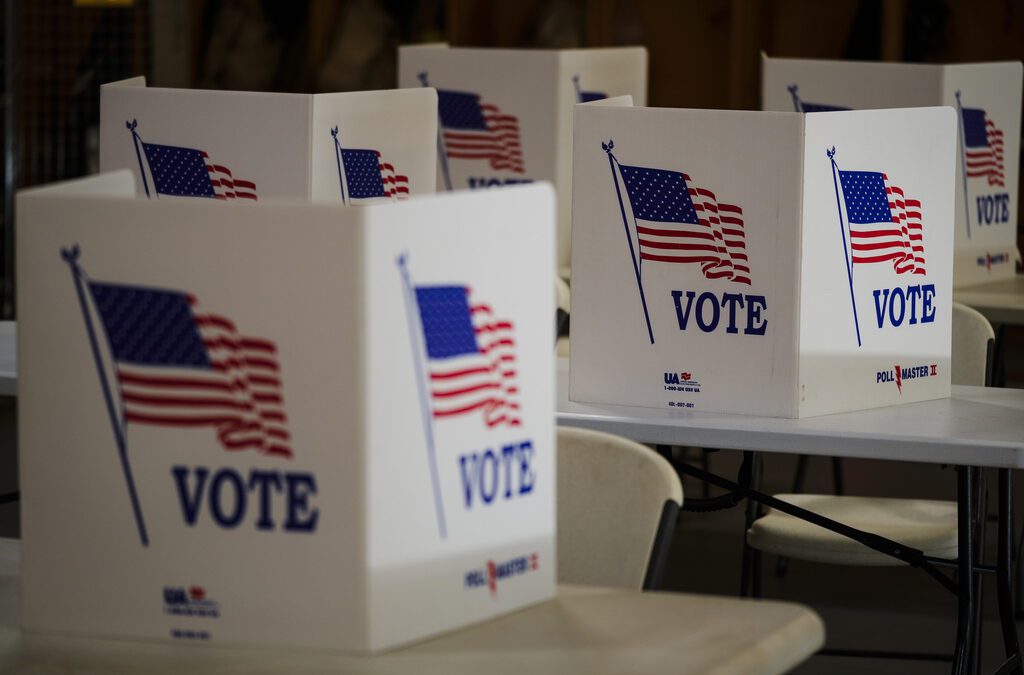
Independents who want to vote in Pennsylvania’s closed primaries seek help from state’s high court
Voters hoping to open up Pennsylvania's closed primary system to independents asked the state Supreme Court on Tuesday to declare the current system...

U.S. Supreme Court rejects GOP request to review Pa. provisional ballot ruling
A GOP challenge to the Pennsylvania Supreme Court’s ruling on provisional ballots is dead, after the U.S. Supreme Court declined to hear the case...
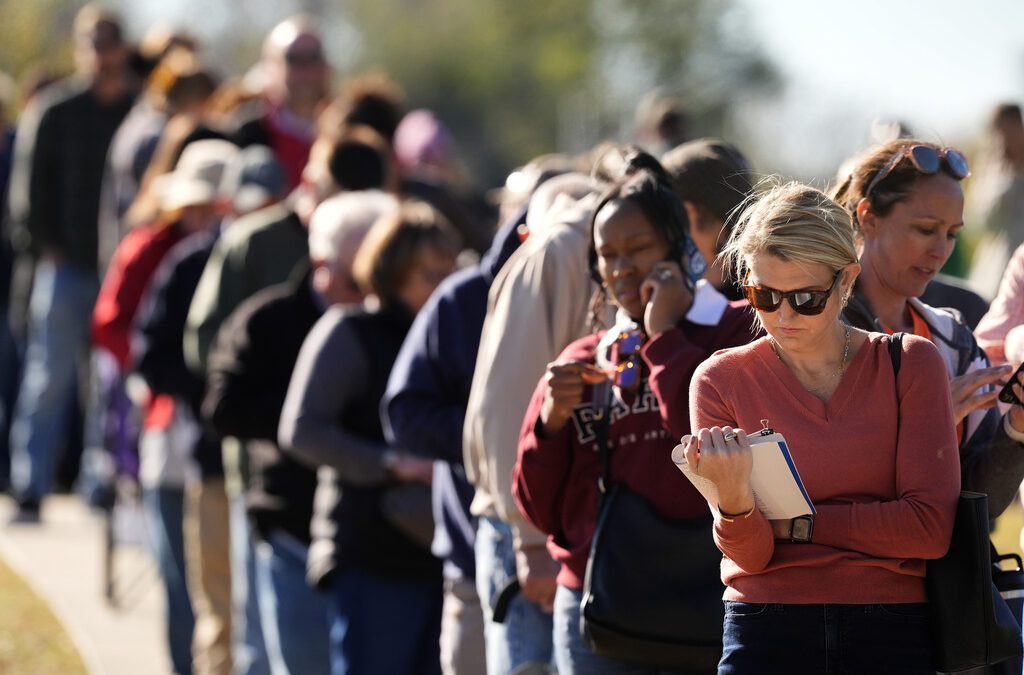
Opinion: Pennsylvanians deserve true, early, in-person voting
As we enter another crucial year at the polls, one with far less attention than a presidential election, but no less important, Pennsylvanians...

Pa. primary recap: O’Connor defeats Pittsburgh Mayor Ed Gainey
In the primaries on Tuesday, Democrat Corey O'Connor defeated incumbent Ed Gainey to run for Pittsburgh mayor in November. In Philadelphia,...

What to expect in Pennsylvania’s state primaries
The election is a prelude to November, when voters could scramble partisan control of the state Supreme Court. The primaries in Philadelphia and...

